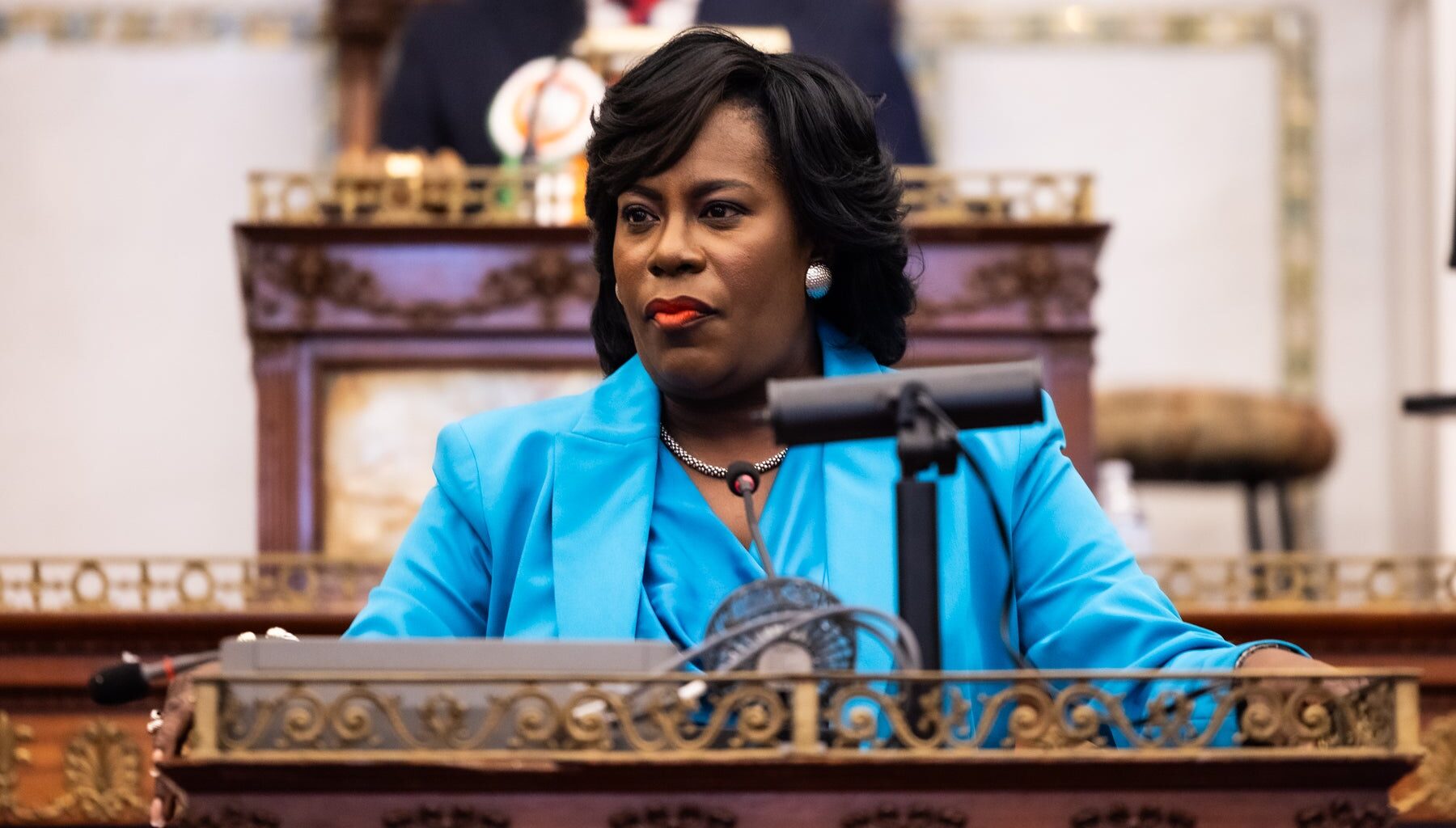Have a question about Philly’s neighborhoods or the systems that shape them? PlanPhilly reporters want to hear from you! Ask us a question or send us a story idea you think we should cover.
Mayor Cherelle Parker wants certain developments subsidized by the federal government to be exempt from paying Philadelphia’s 1% tax on new residential construction, as part of a broader push to increase the city’s supply of affordable housing amid an ongoing crisis.
A bill moving through City Council would exclude projects backed by low-income housing tax credits, the country’s main mechanism for creating affordable rental housing, from the tax. Funded through the U.S. Department of Housing and Urban Development, the competitive subsidy is used by housing authorities, as well as private and nonprofit developers, to offset the cost of construction.
The legislation is a small part of Parker’s signature housing plan, a $2 billion initiative aimed at creating 30,000 units of housing. The administration wants the majority of those units to be affordable to households earning less than $100,000 a year, and more than 20,000 units are slated to serve families earning around half that amount.
The proposal comes as developers nationwide contend with an assortment of financial hurdles related to construction. That includes an ongoing spike in the cost of building materials, new tariffs on imports and higher interest rates for construction loans.
“There’s obviously the very slim margin for developers who take that chance … to lead the charge in developing affordable housing,” said Jessie Lawrence, director of the city’s Department of Planning and Development. “The last thing we want to do is minimize their ability for a project to pencil out.”
Council passed the development impact tax in 2020 to help fund the Neighborhood Preservation Initiative. The $400 million program, initiated by former Council President Darrell Clarke, was designed to grow the city’s stock of affordable housing, revive commercial corridors, and improve neighborhood infrastructure, among other priorities.
The Building Industry Association of Philadelphia supported the tax at the time, saying the city needed more revenue to grow affordable housing amid a national shortage. The influential group, which advocates for private residential developers, is now backing the exemption on similar grounds.
“My opinion is that it is a supply-suppressing tax,” BIA President Mohamed Rushdy said.
